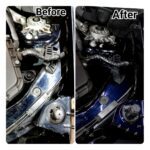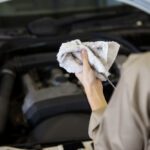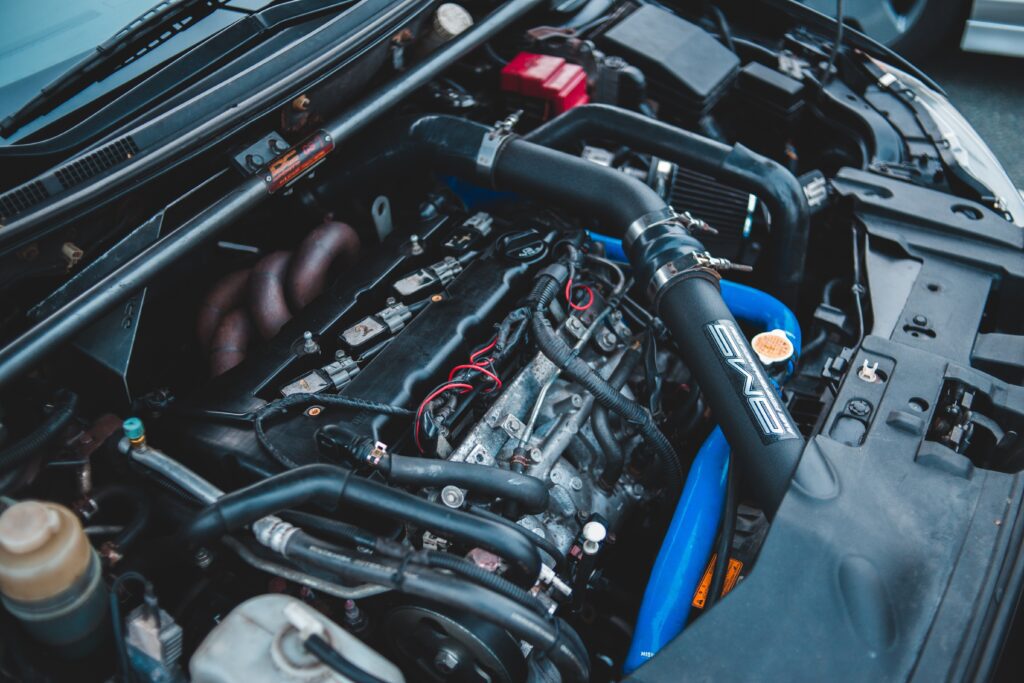
Keeping your car running smoothly is an important part of vehicle ownership. Regular engine detailing can help extend the life of your car and keep it running at peak performance.
In this article, we will discuss the importance of engine detailing and how to do it correctly so you can keep your car running perfectly. Engine detailing involves cleaning, inspecting, and maintaining all engine parts. This process involves checking fluids, replacing worn components, and more.
Proper engine detailing is essential for prolonging the life of your vehicle so you don’t end up with costly repairs down the line. We’ll look at specific steps you can take to make sure your engine is always in top condition.
Cleaning And Inspecting The Engine
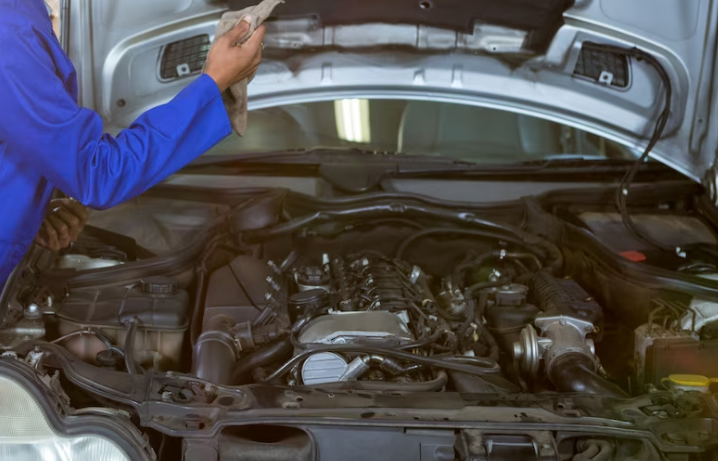
Keeping your car in top shape requires preventive maintenance and one of the most important aspects of maintaining a healthy engine is engine detailing. According to statistics, nearly 70% of cars on the road today require regular servicing. This means that taking care of your car’s engine should be a top priority.
When it comes to engine detailing, one of the first things you should do is clean and inspect all parts. Start by removing dirt, debris, and grime from the outside of the engine block and other components with a damp cloth or brush.
Then use an engine degreaser spray to clean inside hard-to-reach areas like crevices and around bolts, being careful not to let any liquid seep into electrical wiring or sensors. And finally, check for signs of wear, such as oil or coolant leaks or any loose parts that could cause issues in the future.
This initial step will help keep your vehicle running smoothly for many years. Next up is checking fluids which require an even closer inspection…
Checking Fluids
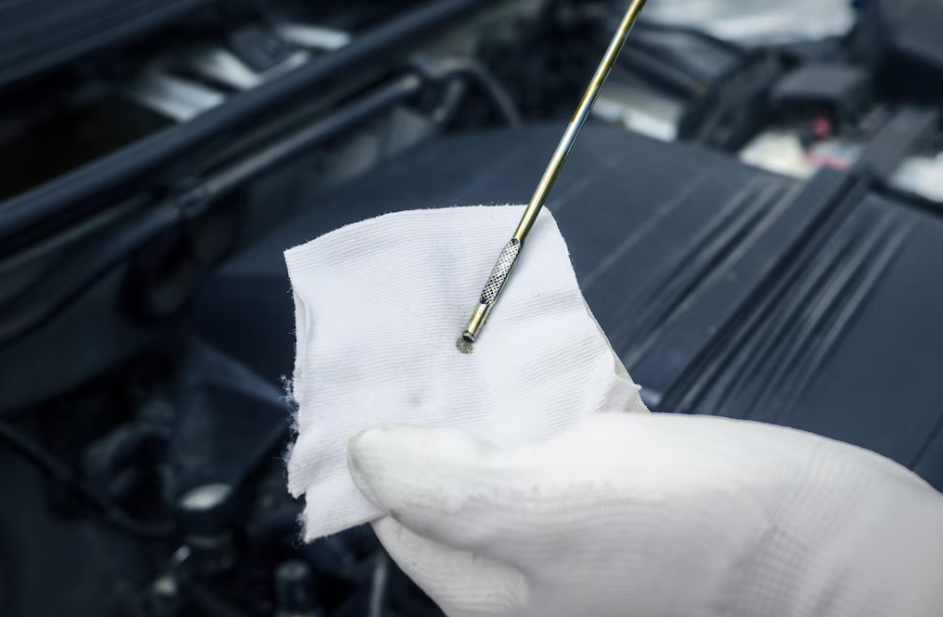
It is essential to check the fluids in your car on a regular basis. Oil, coolant, brake, and transmission fluid should be monitored for levels and conditions. Checking these levels is easy: just open the hood and inspect the dipstick or reservoir. If any fluids are dark or dirty, it’s time to change them.
Keeping air filters clean is also essential; they should be replaced every 15,000 miles. This helps to maximize engine performance and reduce emissions from your vehicle.
A car’s components wear out over time, causing a decrease in performance if not replaced. Spark plugs, belts, hoses, and other components need to be inspected regularly for signs of wear and tear. Worn spark plugs can cause trouble starting a vehicle, while worn belts can cause overheating.
Keeping up with these routine maintenance tasks will help keep your car running smoothly for years.
Next up: Replacing worn components is critical to keeping your vehicle running at its best.
Replacing Worn Components
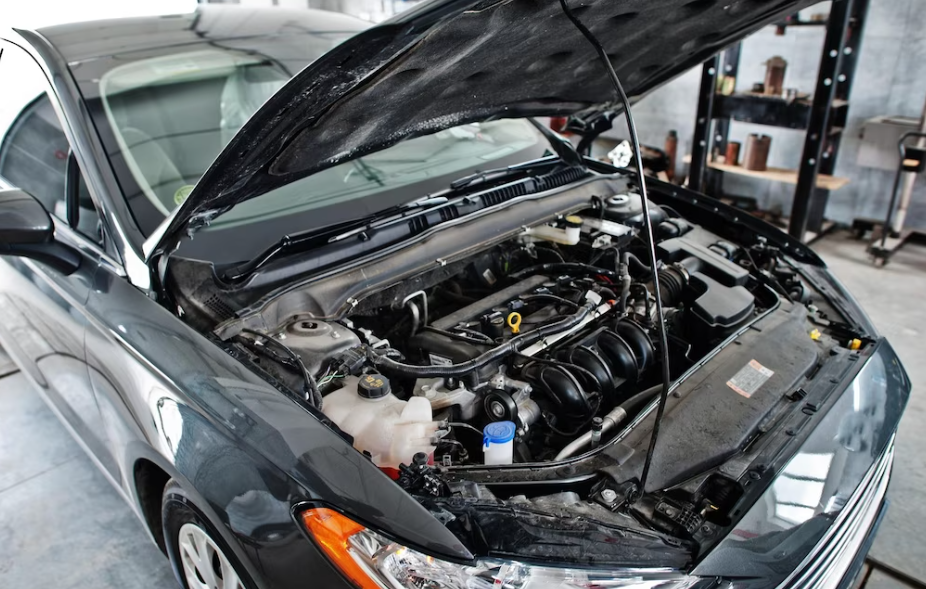
After checking your car’s fluids, it is essential to replace worn components to keep your vehicle running smoothly. While some drivers may think replacing parts is costly and time-consuming, preventive maintenance can save you money and energy in the long run by avoiding more extensive repairs.
To ensure that your car runs at its best, here are two key steps to take when replacing worn parts:
- Checking for Wear
- Inspecting hoses and belts for signs of fraying or cracks
- Checking all filters, including air, fuel, and oil filters
- Replacing Parts
- Replacing spark plugs and wires if necessary
- Installing new air, fuel, and oil filters
By examining the components of your vehicle regularly and replacing worn parts as needed, you can keep your car running reliably for years to come. Additionally, taking preventative measures now will help reduce any unexpected costs associated with more severe repair work in the future. Without regular maintenance, issues that could have been avoided with proper care may arise.
Now let’s move on to adding lubricants which will help protect moving parts from wear.
Adding Lubricants
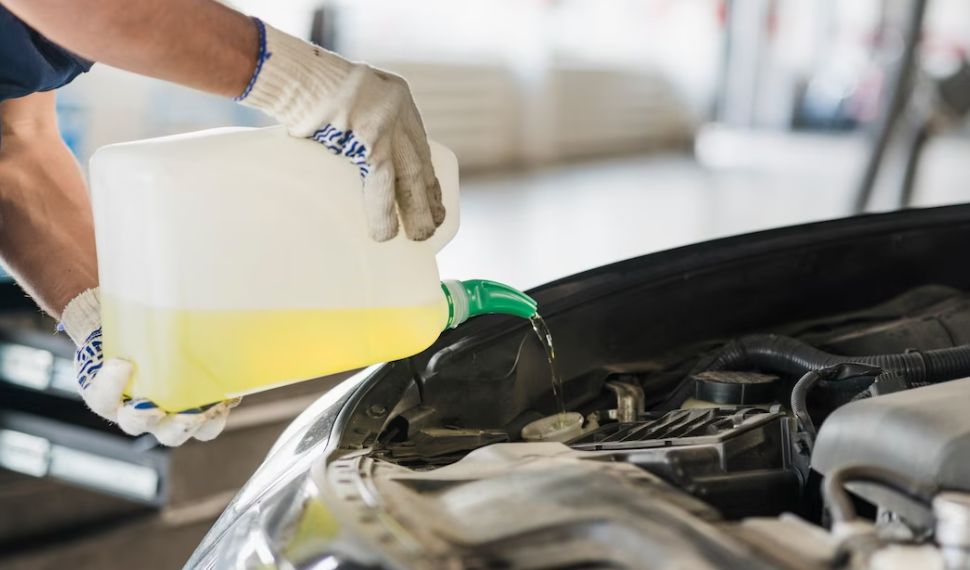
- When it comes to keeping your car running smoothly, there’s no substitute for adding the right lubricant.
- A few different types of lubricants can be used, like motor oil, transmission fluid, and grease.
- Applying lubricants correctly is key for optimal performance, so follow the manufacturer’s instructions.
- Lubricants should always be checked regularly to ensure they’re at the right level and in good condition.
- It’s important to change out your lubricants at least every 3,000 miles to ensure your engine is running at its best.
- Regular maintenance of your car’s lubricant system is essential to keep it running in peak condition and extend its life.
Types Of Lubricants
If you’re looking to keep your car running smoothly, adding lubricants is a great way to do so. From synthetic oils to oil filters, it’s important to know what type of lubricant your car needs in order for it to work properly.
Synthetic oils are an increasingly popular choice for those that want maximum engine protection. Synthetic oils are created with additives that help resist heat and wear better than traditional motor oil, which can help extend the life of your engine.
On the other hand, oil filters keep debris out of the engine by trapping it within their filter media. This helps protect vital components in the engine from being damaged or worn down due to dirt and grime build-up.
With these two types of lubricants working together, you can ensure that your car runs as efficiently as possible for years to come. As an added bonus, using quality lubricants also saves you money in the long run since they’ll last longer than regular motor oils!
Lubricant Application
Applying lubricant is the next step in keeping your car running smoothly.
It’s important to make sure that you’re protecting all of the surfaces from wear and tear, as well as ensuring that all the components are adequately lubricated.
To do this, you’ll need to use a specific type of lubricant for each part of the engine, such as synthetic oils for the pistons and oil filters for debris protection.
When applying lubricants, it’s best to start at the top and work your way down – this will help ensure that everything is properly protected.
With everything in place, your car should be good to go!
Lubricant Maintenance
Now that you’ve applied the lubricant, it’s important to make sure that all of your parts are properly maintained.
Oil changes should be done regularly to keep the engine running smoothly, and filter cleaning can help prevent debris from clogging up the system. Doing these things regularly will not only extend the life of your car but also provide a better driving experience.
Regular care and maintenance can go a long way to ensure that your car is in top condition.
If you’re ever unsure of how often to do an oil change or how deep into the engine you should go for filter cleaning, consult a professional mechanic or read up on car maintenance online.
Taking care of your car doesn’t have to be hard – with just a few steps, you can ensure that everything is in tip-top shape.
So get out there and start taking care of your car today!
Maintenance Tips For Optimal Performance

Preventative care is the best way to keep your car running smoothly. Regular servicing ensures all car components are functioning as they should and prevents any major issues from arising.
Checking engine fluid levels and ensuring the right type is being used can help prevent problems that can hinder your car’s performance. It is also wise to check the air intake system, fuel delivery system, exhaust system, and other vital components regularly.
Periodically inspecting the engine for signs of wear or damage can help you catch small issues before they become big problems. It’s also important to stay up-to-date on any new recalls or technical service bulletins related to the make and model of your vehicle. This will allow you to be aware of any potential problems that could arise in the future so you can act accordingly.
Keeping up with maintenance is key to having a reliable vehicle. Scheduling regular oil changes and replacing filters when needed allows for optimal performance and helps ensure your engine stays clean and runs efficiently for years.
Investing in preventative care will pay off in spades down the line by keeping repair costs low and avoiding costly breakdowns at inconvenient times.
Frequently Asked Questions
How Often Should I Detail My Engine?
Detailing your engine regularly is key to keeping your car running smoothly. It’s important to clean the engine parts and remove any buildup of heat that can be caused by dirt and grime.
How often you should detail your engine depends on a variety of factors, such as how often you drive, the climate in which you live, and what type of fuel you use.
Generally speaking, it’s recommended to detail your engine every 6-12 months.
Is Engine Detailing Expensive?
Engine detailing can be expensive depending on the cleaning techniques used, but it’s worth it as a form of preventative maintenance.
It’s a great way to keep your car running smoothly and extend its life.
Detailing involves more than just washing and waxing the outside; it also includes scrubbing the engine with special cleaners and lubricants that can help reduce corrosion and build-up on vital parts.
What Type Of Cleaning Products Should I Use On My Engine?
When it comes to keeping your car running smoothly, engine detailing is an essential step. But what type of cleaning products should you use?
While professional detailing can often provide the best engine protection, there are a few products you can use to keep your engine looking and functioning its best. Look for cleaners that are specifically designed for engines and contain ingredients such as soap, degreasers, solvents, and waxes.
These elements will help remove dirt and grime from the hard-to-reach areas while still protecting the engine’s surface.
Does Engine Detailing Improve Fuel Efficiency?
Engine detailing can help improve your car’s fuel efficiency.
By cleaning and changing engine oil regularly, you’re ensuring that all parts of the engine are functioning properly, allowing for more efficient burning of fuel.
Additionally, regularly replacing your air filter allows for better air flow into the engine, and a more efficient combustion process.
This helps to improve your car’s overall gas mileage and performance.
Are There Any Risks Associated With Engine Detailing?
Engine detailing is like a spa day for your car – it can make your engine look as good as new! But while it may be tempting to go ahead and have the work done, there are some risks associated with engine detailing.
Engine heat generated by detailing can cause water damage to certain components and lead to premature wear-and-tear. To avoid any potential issues, be sure to have your engine detailed by a professional who knows how to properly handle engine heat.
Conclusion
Overall, engine detailing is an important part of keeping your car running smoothly and ensuring that it is functioning at its best.
How often you should detail your engine will depend on a variety of factors, but it is generally recommended that you do so every 6-12 months.
While there are some costs associated with engine detailing, the benefits far outweigh the costs in terms of improved performance and fuel efficiency.
So why wait? Start taking care of your car’s engine today to keep it running as smoothly as possible!
Have you ever detailed your engine before?
